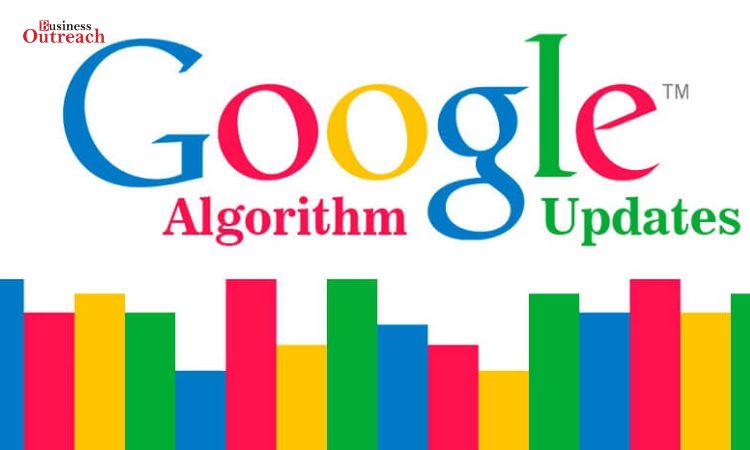Google’s search ranking algorithm, a closely guarded secret, was recently exposed through a significant data leak involving over 2,500 internal documents. This revelation has stirred the SEO community, web developers, and digital marketers, providing unprecedented insights into the intricate mechanisms that govern search rankings.

The documents shed light on numerous aspects of Google’s algorithm, including the factors influencing search results, the role of user interactions, and the evolution of ranking signals over time. One critical disclosure was the detailed explanation of Google’s “Navboost” and “Glue” systems, which play pivotal roles in ranking search results based on user interactions such as clicks, hovers, and scrolls. These systems help Google refine its search results by continuously learning from user behavior, ensuring that the search engine remains responsive and relevant to user queries.
According to the leaked documents, several key factors now hold significant weight in Google’s algorithm. Consistent publication of engaging content remains the most influential factor, contributing 21% to the ranking criteria. Other notable factors include the presence of keywords in meta title tags (15%), backlinks (14%), niche expertise (14%), and user engagement (11%). Interestingly, “freshness” and “trustworthiness” have recently gained prominence, reflecting Google’s ongoing efforts to prioritize timely and credible information.
The introduction of new AI models, such as RankBrain and DeepRank, has further refined the algorithm. These models use deep learning to understand and process complex queries, improving the relevance of search results. RankBrain, for instance, adjusts document scores based on user intent and query patterns, while DeepRank leverages BERT’s language understanding capabilities to enhance ranking accuracy.
The leak also unveiled Google’s internal emphasis on confidentiality. Employees were instructed to handle discussions about search mechanisms with extreme caution, particularly regarding the use of clicks in ranking. This underscores Google’s awareness of the potential exploitation of their algorithms by SEOs and competitors, which could undermine the integrity of search results.
The leaked documents highlight Google’s strategic shifts in response to emerging trends and technologies. The company is increasingly focusing on AI, with initiatives like the development of Gemini, an AI suite, and enhancements to Bard, its AI-enabled chatbot. These efforts aim to integrate advanced AI capabilities across Google’s products and services, aligning with the company’s broader goals for 2024.
Moreover, the leaks come at a critical juncture for Google, which is navigating a series of layoffs and cost-cutting measures. Despite these challenges, Google’s commitment to innovation and maintaining the trustworthiness of its platforms remains steadfast. The company’s goals for 2024, as outlined in the leaked documents, include delivering advanced AI, improving productivity and learning, and building the most helpful personal computing platforms.
The SEO community has responded to the leak with a mix of excitement and apprehension. On one hand, the insights offer valuable guidance for optimizing websites and improving search rankings. On the other, the exposure of Google’s strategies could lead to increased manipulation of search results, prompting Google to further tighten its security and update its algorithms to counteract potential abuses.
In conclusion, the leak of Google’s internal documents provides a rare glimpse into the complex machinery behind the world’s most popular search engine. While it offers valuable insights for improving SEO practices, it also highlights the ongoing battle between maintaining search integrity and the ever-evolving tactics of digital marketers. As Google continues to innovate and adapt, staying informed about these changes will be crucial for anyone involved in the digital landscape.















